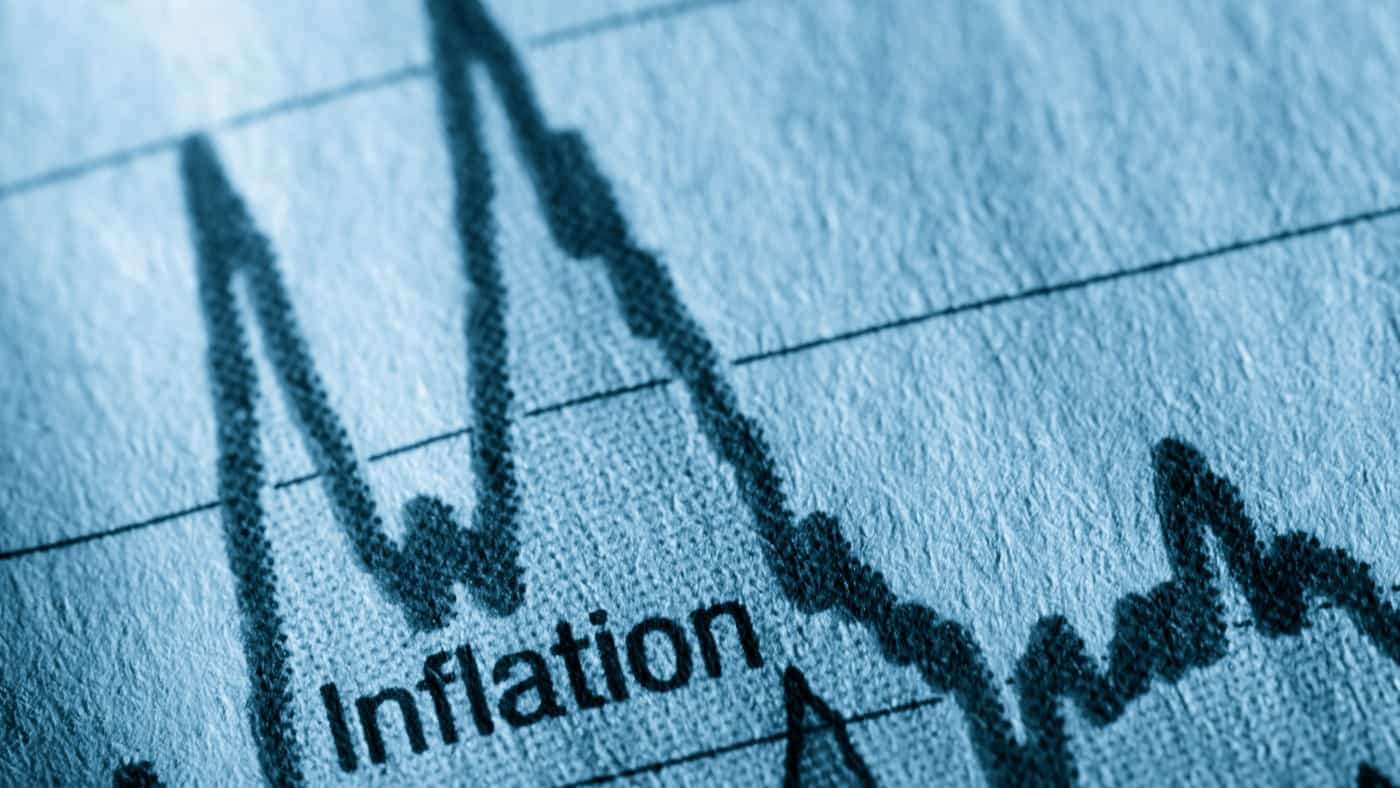The UK’s inflation rate continues to soar. On Wednesday 23 March, the Office for National Statistics (ONS) revealed inflation in the UK is running at its highest level in 30 years.
So, what is behind rising prices? And what impact is high inflation likely to have on the stock market? Let’s take a look.
[top_pitch]
What is the current rate of inflation?
In the 12 months to February, prices rose in the UK by 6.2% according to the Consumer Prices Index. That’s officially the highest inflation rate the country has seen in 30 years. The last time inflation passed 6% was back in 1992.
The latest inflation figure came on the same day as Chancellor Rishi Sunak revealed his Spring Statement.
What else did the ONS reveal?
One big reason behind rising inflation right now is the soaring cost of oil and gas.
We already know that energy prices have risen for some households due to fixed deals ending. Energy costs are set to rise further when the energy price cap increases in a matter of days. It’s expected households will soon be paying an average of almost £700 per year for their energy, and this figure could even go even higher later in the year.
The ongoing war in Ukraine is another factor that has contributed to rising wholesale energy costs in recent weeks, placing further upward pressure on the inflation rate.
The ONS data shows that the cost of food, clothing and furniture also rose significantly last month.
What else is causing rising inflation?
Aside from the war in Ukraine and wholesale energy price rises, it’s likely that the inflation rate in the UK is being impacted by higher supply chain costs. Put simply, supply chains haven’t been able to increase their production capacity as a result of economic shutdowns due to the pandemic. This matter hasn’t yet been resolved.
However, aside from supply issues, we should also not forget the Bank of England’s role. That’s because the UK’s central bank decided to slash interest rates to a 300-year low back in 2020. As well as this, the central bank decided to step up its quantitative easing programme. This led to £875 billion of new money being added to the UK economy by November 2020.
While the UK’s central bank has since raised interest rates and cut back on its money printing, the impact of its policies in 2020 is clearly being felt today in the form of widespread rises in the cost of goods and services.
In fairness, some would argue that the Bank of England’s colossal intervention in 2020 was needed in order to prevent the UK economy suffering an economic meltdown.
[middle_pitch]
How will rising inflation impact the stock market?
Now that the ONS has released the new figure of 6.2%, we know that inflation is still heading upwards. The figure reported in January was 5.5%.
Typically, when inflation rises, the stock market falls. That’s because rising inflation signals uncertainty in the economy. This can make businesses reluctant to invest, and encourage risk-averse behaviour. This, in turn, can impact growth, which is why share prices often suffer.
On a similar note, rising inflation makes it more likely that the Bank of England will further raise interest rates. This has the potential to add to borrowing costs. Again, this can have a detrimental impact on growth, especially for companies with debts. This can lower the price of equities.
However, it should be pointed out that following the announcement of the latest inflation figure, the FTSE 100 actually rose when markets opened. At midday on Wednesday 23 March, the FTSE 100 was up 0.11%. This suggests markets didn’t see the UK’s latest inflation figures as unexpected.
However, a word of caution: should inflation continue to rise, there’s every chance we may see a different story when the ONS releases its next inflation figure on 13 April.
Are you looking to invest? Amid rising inflation, if you’re looking to put your faith in the stock market, take a look at The Motley Fool’s top-rated share dealing accounts.







